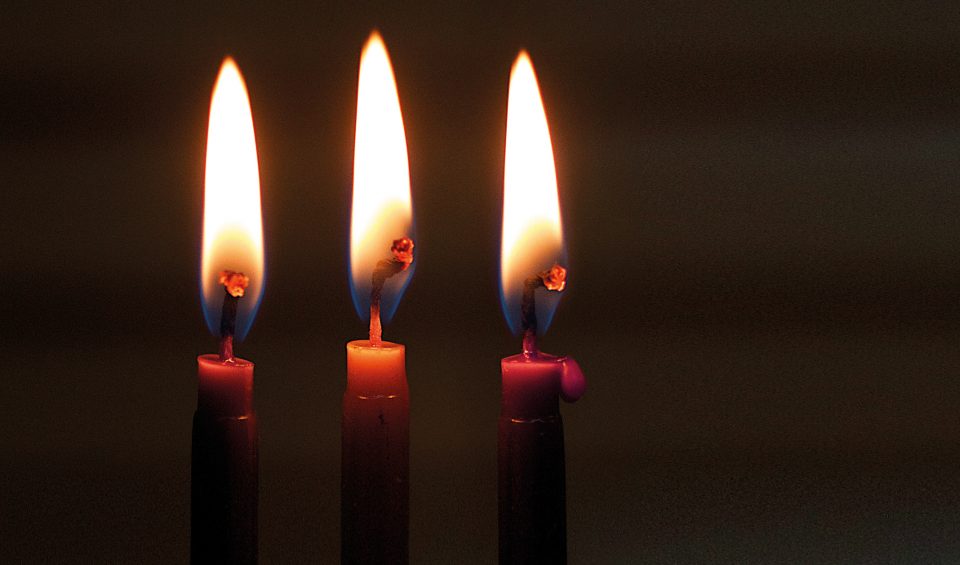In Indonesia’s colonial period, alcohol was nothing new. When Raffles invited the local Muslim officials to drink wine with him, they were already well accustomed to booze, thanks to the Dutch.
In the VOC centuries, many men succumbed to disease, their resistance lowered by their intemperate use of alcohol. Many died as a direct result of drunkenness.
They still do. My friend once drank so much in a Jakarta bar that he fell over a hedge on his way home. He awoke at dawn with spots of rain on his upturned face and vomit welling up in his throat. Had he not regained consciousness at that moment, he would almost certainly have choked to death and his body would have remained hidden for days. The one saving grace was that it would have been a rock star’s death, only behind a hedge rather than in the back of a limousine.
After 20 years of living in Jakarta, the list of “dearly departed” has grown ever longer. In the early days, people mostly died from accidents or drink, while in the middle years it was early-onset terminal diseases that got them, as well as drink. These days my acquaintances (for there are fewer friends left alive) die from falls and senility, and drink. And I’m not yet in my sixties.
The ways in which some of those on the list have died is not without macabre irony. One ill-fated American took a shortcut home one night across a Jakarta cemetery while not at maximum alertness. Unsteady on his feet, he fell and hit his head on a gravestone. He was taken to hospital, but he remained on a trolley in the corridor while some hospital staff puzzled over what to do with him. Sadly, he never regained consciousness.
Getting killed by a gravestone would strike most people as being sufficiently ironic. But I like to go a step further into the macabre by imagining that the grave he tripped over was occupied by the remains of an Indonesian who had harboured a grievance against foreigners, perhaps owing to an unpaid debt, and with his dying breath had sworn to get even with at least one of them, one day. His ghost may well have been heard cackling that night.
Few life-time foreign residents in Indonesia have any remaining relatives who cherish them enough to ship their body back home when the time comes. It costs a lot for a start; the living fly far more cheaply than the dead. Also, most of these entrenched expatriates had little love for their home countries when they were alive, a common utterance among them being something like: “I wouldn’t be seen dead back in dreary old England.”
It’s a sentiment that’s inexpensive and convenient to respect. Therefore, many of the expatriates who pop their flipflops in Jakarta are cremated locally, their ashes scattered in the Java Sea.
A friend of mine who died in Bali went further than simply having his ashes scattered at sea. He was given a Viking send-off from a grey beach in Sanur, on the island’s southeast coast. I’m not sure if this was how he had really wished to be dispatched (he once remarked to me that a good death would be to slip away in a deckchair while gazing out to sea, his body then carried off the beach like Gustav von Aschenbach’s at the end of the movie “Death in Venice”). But he had mentioned a Viking funeral to someone and had been taken seriously.
Of course, it wasn’t a full-scale Viking burial with his corpse laid out on a blazing ship, a swirling funnel of smoke, and sparks visible for miles around. Nearby bathers would have objected to that. Instead, the urn holding his ashes was transported a short way out beyond the waves on a merrily bobbing scale-model Viking ship that could have fitted inside a gallon water drum, and was then emptied overboard by an accompanying swimmer. With midget ships and giants casting the dead into the sea, it was more Jason and the Argonauts than Erik the Red. Still, it was a dignified, unhurried affair.
Muslims, in contrast, are buried quickly. According to custom, a body must be under the ground before the sun goes down. That’s why you see funeral convoys tearing through the streets of Jakarta, creating an air of bedlam. Every other person is waving a yellow flag. Drivers of clapped-out, chartered minibuses carrying mourners blare their horns. Nearly everyone shouts. Motorcycle pillion passengers leap off at intersections to halt other traffic. To Westerners, more used to solemn funeral processions, this all seems like a scene from a Mad Max movie.
While some believe that death is merely a resumption of non-existence, others see it as the beginning of a new spiritual phase. One of those new phases could be a ghost. While the typical British ghost shuffles around dark dungeons, his ankle shackled to a ball and chain, holding his chopped-off head under his arm, Indonesia has the hantu pocong. This is said to be the soul of a dead person trapped in the shroud in which a Muslim body is buried, the knot above the head not having been undone to allow its escape. Some would say more comical than scary, a pocong hops around like a clueless Houdini with rabbit ears. They have been the subject of many traditional tales and many silly movies.
Finally, in most countries, if you want to commit suicide you slash your wrists. In Indonesia you just need to nick your finger and dip the cut into the nearest river. Soon you’ll be in hospital on a life support machine, which will be switched off when you’ve run out of money. RIP.




